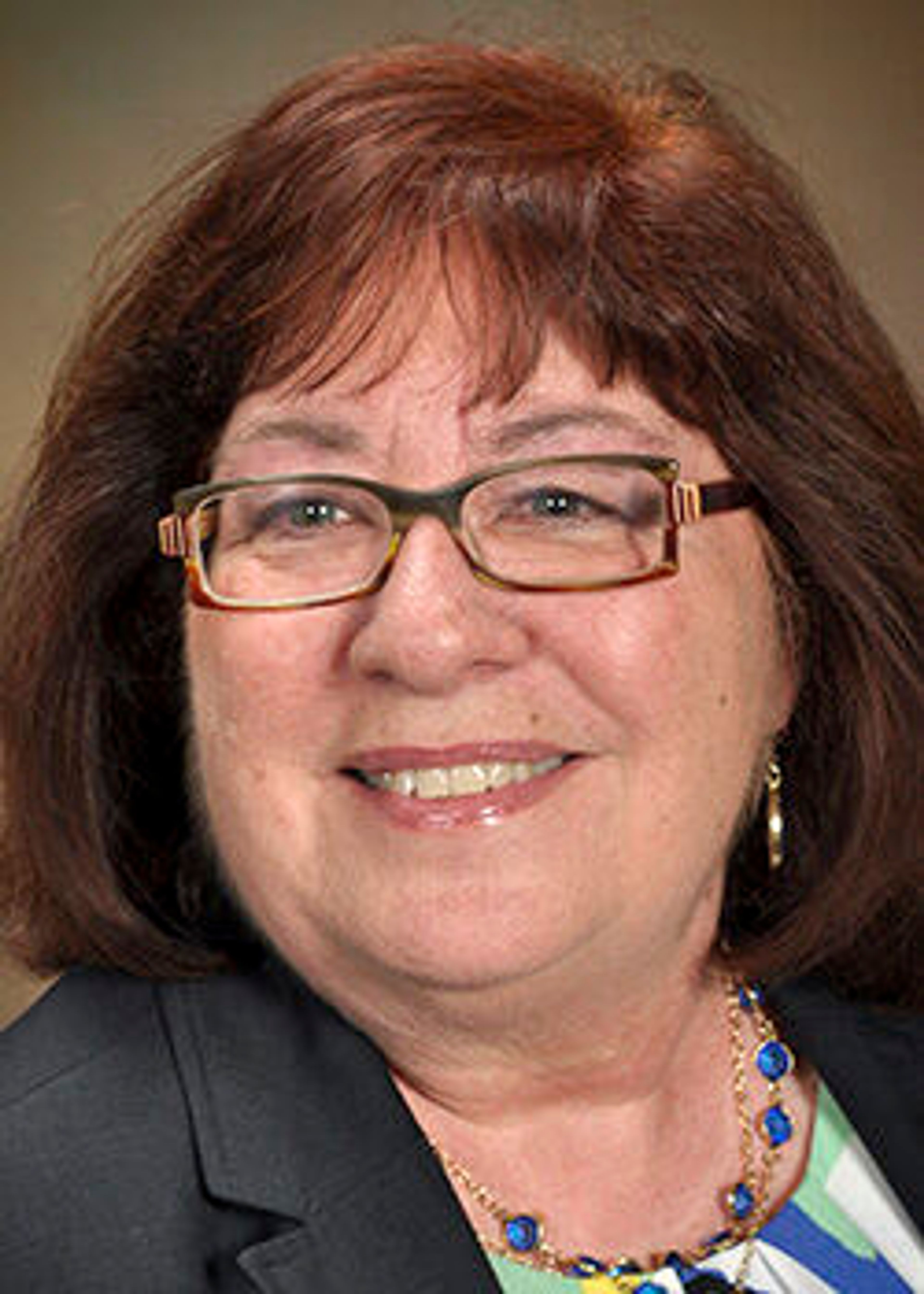Her View: Objectivity, and fairness prevent journalistic propaganda
Throughout my career, objectivity was stressed as a hallmark of quality reporting.
But here’s the rub: as human beings, being objective — completely neutral — is almost impossible. Did we strive for it? Of course. Were we always successful? For the most part.
That is why it frustrates me to hear younger journalists talk about objectivity as an antique idea, something kind of cute and kitschy. They often tell me being objective is impossible, so why try?
OK, if you can’t be objective, be fair. Make sure to tell as many sides of the story as possible and do not put your opinion into the story.
You see, there is another rub. If a reporter cannot be objective or fair, they are heading toward that very dangerous trap of being a propagandist rather than a reporter. That is the catch some news organizations on both the far right and the far left have fallen into: They are now advocates rather than news reporters. As a result, the truthfulness of their writing often falls under suspicion.
Defined, “objective” means not influenced by personal feelings or opinions in considering or representing facts. “Fairness” is characterized as impartial and just treatment without favoritism or discrimination. While they appear to mean the same, true grammarians and linguists would argue there are subtle differences.
This column is not an exercise in semantics. This is an important issue for journalists who do their jobs because they believe in telling the truth. Think of it this way: Reporters need to keep their work as straight down the middle as possible without opinion in the reporting so they can be trusted and their work believed.
The Online News Association defines the difference between objectivity and fairness in their Code of Ethics.
“Balance and fairness are classic buzzwords of journalism ethics,” The ONA Code reads. “In objective journalism, stories must be balanced in the sense of attempting to present all sides of a story. Fairness means that a journalist should strive for accuracy and truth in reporting, and not slant a story so the reader draws the reporter’s desired conclusion.”
The Society of Professional Journalists’ Code of Ethics, often called the journalists’ “Mother Code,” gives specific guidelines to help reporters do their jobs responsibly. These include:
n Never deliberately distort facts or content, including visual information. Clearly label illustrations and reenactments.
n Avoid conflicts of interest, real or perceived. Disclose unavoidable conflicts.
n Distinguish between news from advertising and shun hybrids that blur the lines between the two. Prominently label sponsored content.
n Abide by the same high standards they expect from others.
It is often said a reporter’s reputation is what makes a story believable or not. If a reporter is known for adding in opinion (i.e., Keith Olbermann on the left, Glenn Beck on the right), a whole host of views/listeners/readers will not believe the report. They will instantly think the story is skewed in some fashion.
That is already being seen with the Dominion Voting Systems defamation lawsuits against Fox News where top network officials and their on-air staff are saying in court documents the station management had them lie for ratings following the 2020 election. The court documents show these same people ridiculed the station in private texts for misrepresenting the election results.
No journalist wants to be known as a Stephen Glass or Jayson Blair, two of many reporters who were found to have simply invented their stories. They were both fired and have not worked in journalism since. Nor do they want the tarnish to their careers as happened to Dan Rather and Helen Thomas due to bias in a story or set of stories.
Unfortunately, since the Donald Trump era and the accusations of “fake news,” a growing number of journalists have forsaken this bedrock principle of objectivity or fairness, making it a dangerous time for truth telling in America.
Keeping it honest is simple: Tell the truth in an impartial way. Journalists should report information clearly and without bias. Call it objectivity or fairness, just make sure it is without prejudice.
Tallent was a journalism faculty member at the University of Idaho for 13 years before her retirement in 2019. She is of Cherokee descent and is a member of both the Native American Journalists Association and the Society of Professional Journalists.








